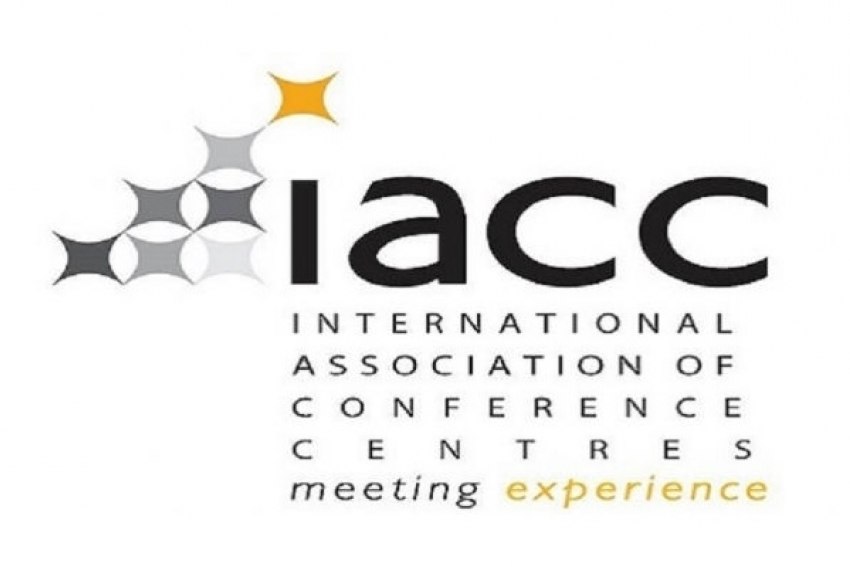IACC: Long-term effects of events
05/08/2015
Can cities become victims of their own success? Are there limits to attract visitors, and what are they? On the other hand, how do you plan life in big cities, so as to promote a peaceful cohexistance between those who live there and tourists, whether on business or leisure? Moreover, in this context, what role is reserved for large infrastructure, such as conference centres, able to attract thousands of people at once?
These questions are obviously not new, but continue to arise a proper debate. One of the most recent took place earlier this month in Boston, during the three-day annual conference and general meeting of the International Association of Convention Centres (IACC), which has two Portuguese members, the Lisbon congress centre and Alfândega in Porto.
Johannes Novy, Professor at Technical University of Berlin, expert in urban planning, was one of the speakers and ensured that the "great challenge arises from the fact that certain cities are being transformed in such popular destinations." In some cases, the number of visitors "doubled or tripled" in "only 15, 20 or 25 years." "Thus, management and planning issues gain importance, as the resources are being pushed to the limit." "We therefore need measures to accommodate demand," guarantees Novy.
Some visitors find answers in the so-called RBO (Rental By Owner), on websites like Airbnb, which provide new accommodation offer. "But if, on one hand, RBOs ensure an additional volume of rooms when a destination applies for a congress or another type of event, on the other hand they also attract a lower value leisure tourism, which can have negative impacts on the relationship between city dwellers and the tourism sector." Also according to Novy, "the debate is already heated" in cities such as Lisbon, Berlin or Barcelona [here, a recent moratorium issued by Mayor Ada Colau froze 40 projects for new hotels], "precisely motivated by concerns about the saturation of tourists and the growth of a lower value tourism."


